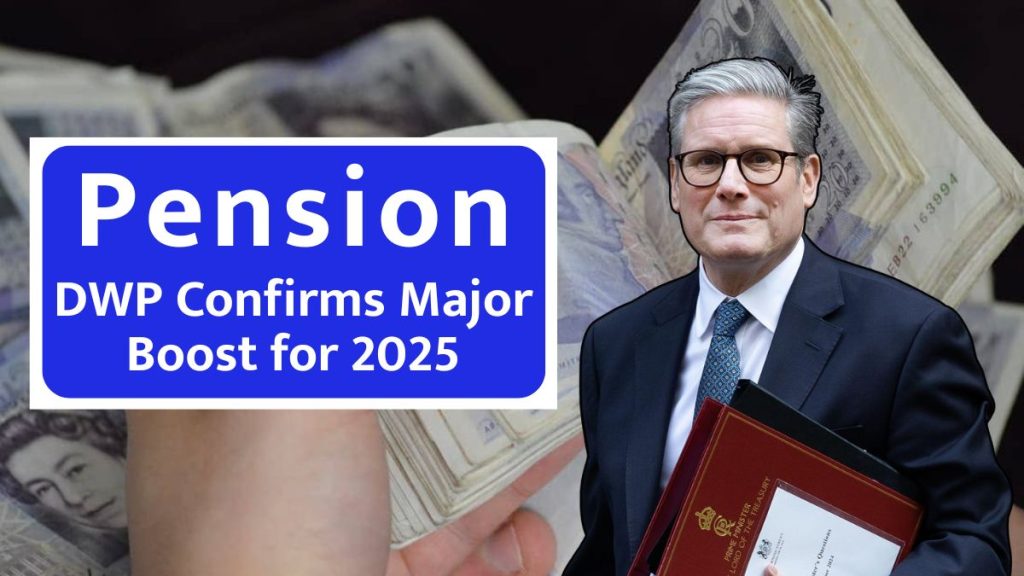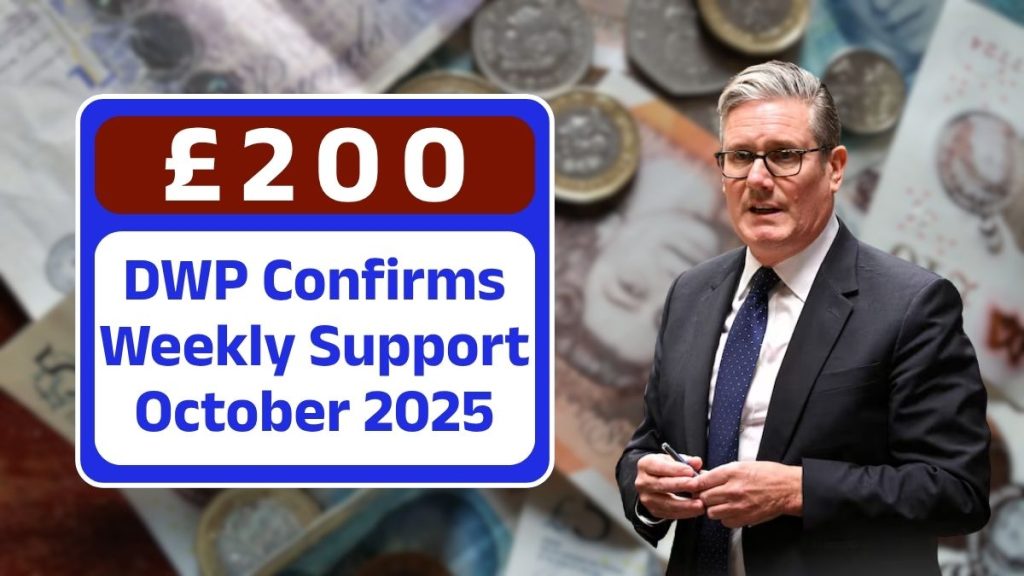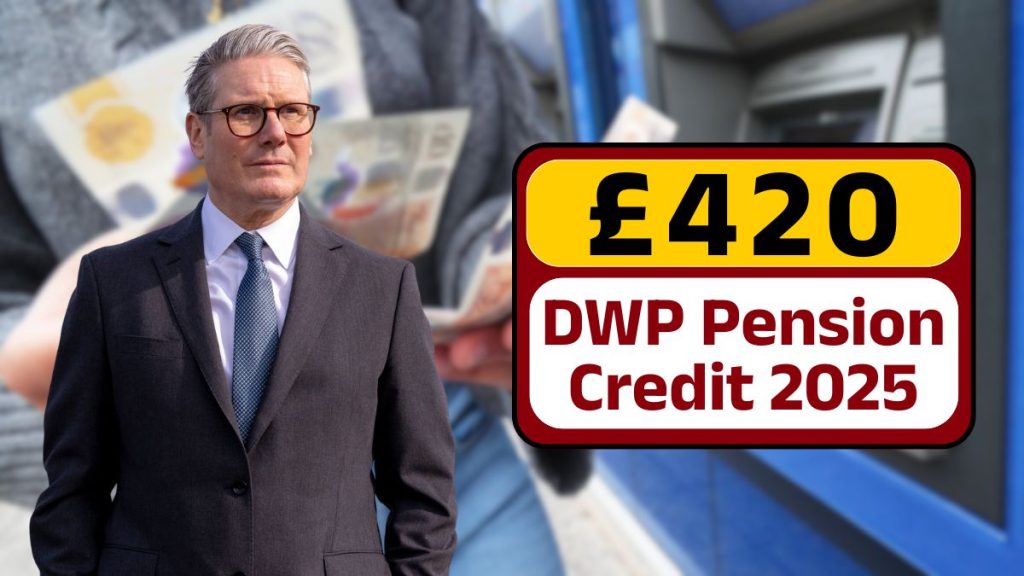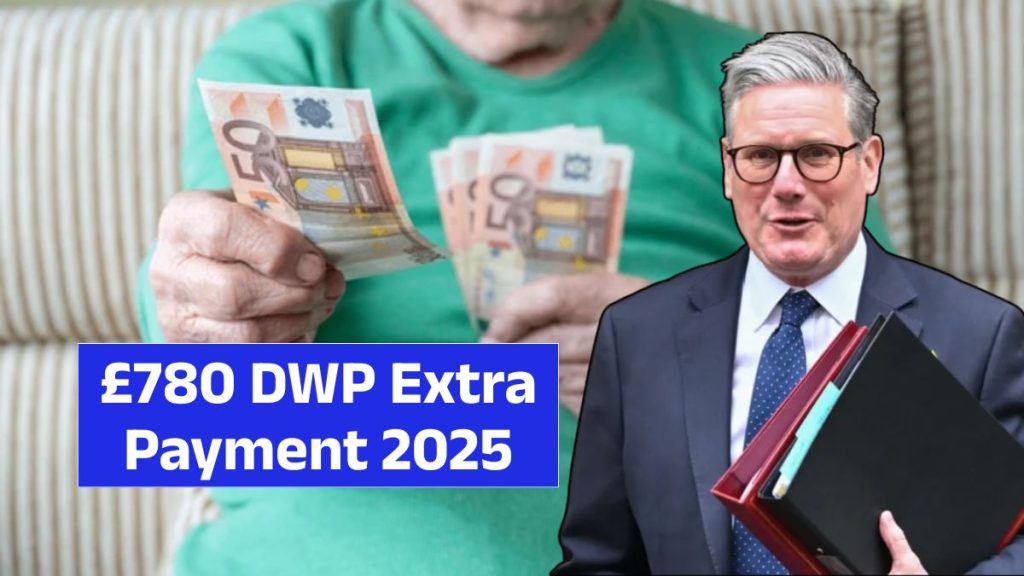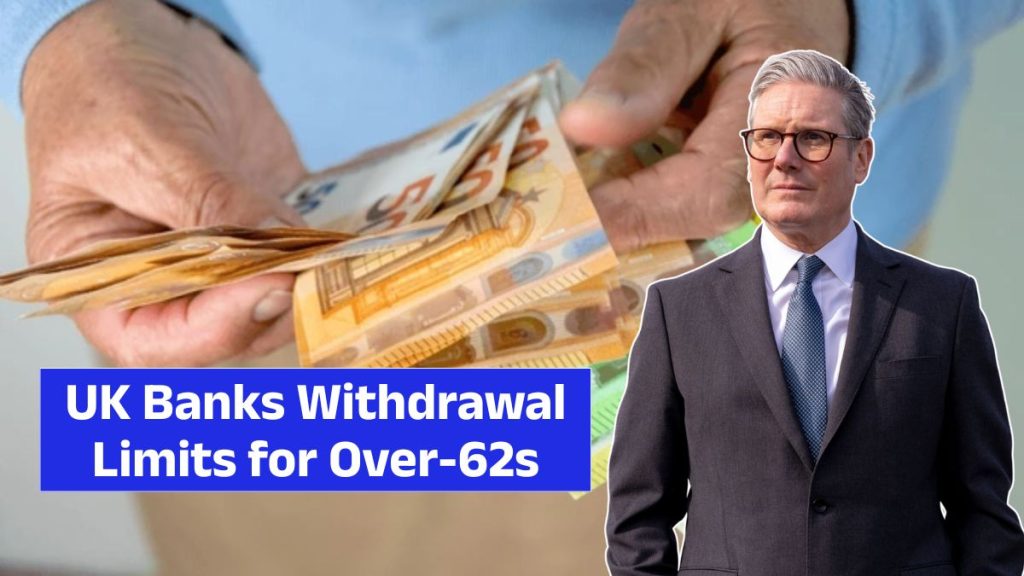In 2025, major reforms have been introduced to the free TV licence scheme for over-75s in the UK, impacting millions of households. The changes, announced by the Department for Digital, Culture, Media and Sport (DCMS) in partnership with the BBC, are designed to make the scheme more sustainable while ensuring that support goes to those who need it most.
For pensioners, television is more than entertainment – it provides news, connection, and social inclusion. That makes these changes highly significant for older households.
What Are the Key Changes to the Free TV Licence?
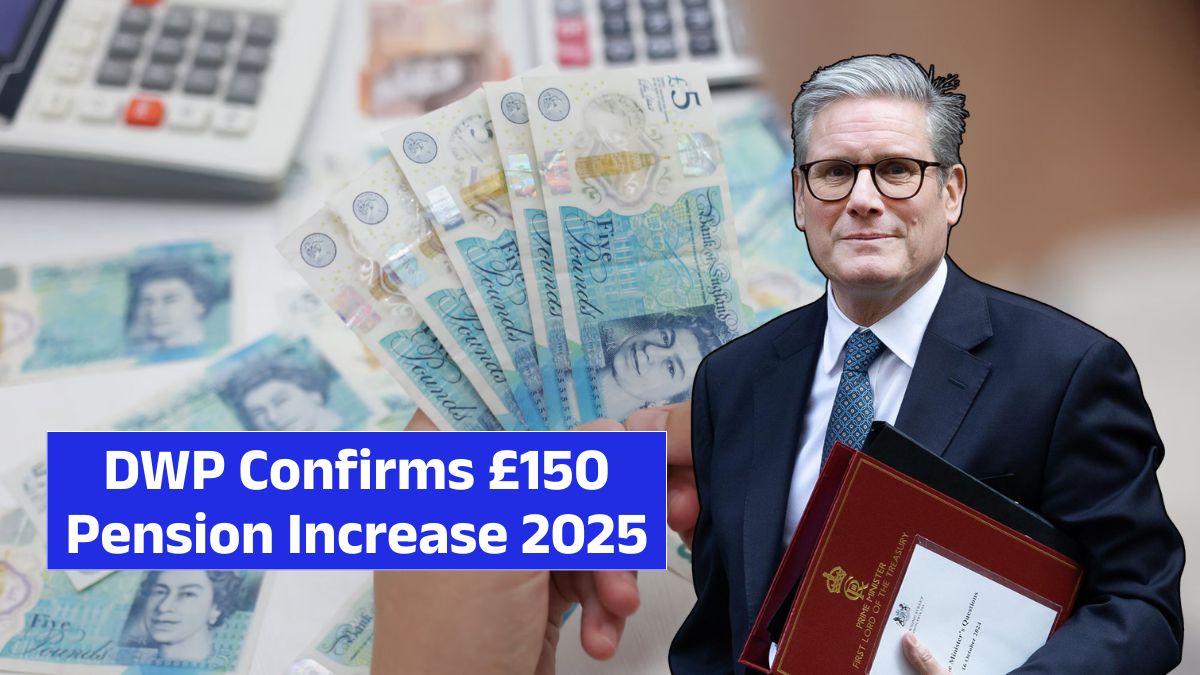
The 2025 updates focus on eligibility, applications, and payments.
- Eligibility restrictions: Not all pensioners over 75 will qualify automatically; financial status will play a bigger role.
- Application requirements: Many pensioners will need to apply or reapply rather than receive the benefit automatically.
- Payment adjustments: Local authorities and the BBC may verify applications more closely to ensure funds only go to eligible households.
These changes move the scheme from a blanket policy to a means-tested model, directing help toward low-income seniors.
Who Still Qualifies for a Free TV Licence?
The new eligibility criteria include:
- Age requirement: You must be 75 or older.
- Residency requirement: You must live in the UK with a valid address.
- Financial support: Pensioners receiving Pension Credit remain the main group eligible for free licences.
- Other exemptions: Some local authority schemes or disability-related benefits may also qualify.
If you do not meet these criteria, you will need to pay for a standard licence to continue accessing live TV and BBC iPlayer.
How to Apply or Reapply in 2025
With automatic entitlement ending for many, pensioners need to take action:
Step 1: Check eligibility – Confirm your age, residency, and whether you are receiving Pension Credit.
Step 2: Submit an application – Apply online through the BBC website, by post, or through your local authority.
Step 3: Provide supporting evidence – Pension Credit award letters, proof of age, or residency documents may be required.
Step 4: Await confirmation – Once approved, you will receive confirmation that your licence is covered.
This process ensures licences only go to households that genuinely qualify.
Why Have These Changes Been Introduced?
The government and the BBC cite three main reasons:
- Financial sustainability: The scheme costs the BBC hundreds of millions each year. By targeting recipients, it becomes more manageable long-term.
- Fair distribution of resources: Support is now aimed at pensioners most in need, especially those on low incomes.
- Simplified administration: Applications and renewals reduce errors and ensure accurate records.
What Pensioners Need to Know in 2025
There are several key points seniors should be aware of:
- Automatic eligibility is ending – simply turning 75 is no longer enough.
- Deadlines matter – failing to apply could mean paying for a licence until approval is granted.
- Support is available – organisations like Age UK and Citizens Advice can help with applications.
- Payment options exist – for those who don’t qualify, instalment plans may be available to spread costs.
The Impact on Pensioners
For many older people, these reforms bring uncertainty. Those on Pension Credit will keep their free licence, but others may face new annual costs. Advocacy groups have expressed concern that pensioners who narrowly miss out on Pension Credit could struggle to pay.
However, the government insists this approach is fairer and more sustainable, while offering targeted help to the most vulnerable.
Tips to Stay Compliant and Avoid Penalties
- Apply early – don’t wait until your old licence expires.
- Keep documents ready – proof of age, address, and benefits.
- Check renewal dates – many licences will now require periodic confirmation.
- Ask for help – if unsure, contact the BBC helpline, Age UK, or your local council.
Failing to apply or renew could result in fines for watching live TV without a licence.
5 FAQs on Free TV Licence 2025 Changes
Q1: Will everyone over 75 now have to pay for a TV licence?
No. Pensioners on Pension Credit and some other qualifying benefits will still get a free licence.
Q2: How do I check if I’m eligible?
You can use the BBC’s eligibility tool online or contact your local council for guidance.
Q3: What happens if I miss the application deadline?
You may need to pay for a standard licence until your free licence is approved.
Q4: Can family members help with the application?
Yes, carers or family members can apply on your behalf with authorisation.
Q5: Does the free licence cover all devices?
Yes, it covers TVs, computers, tablets, and smartphones used to watch live TV or BBC iPlayer.







